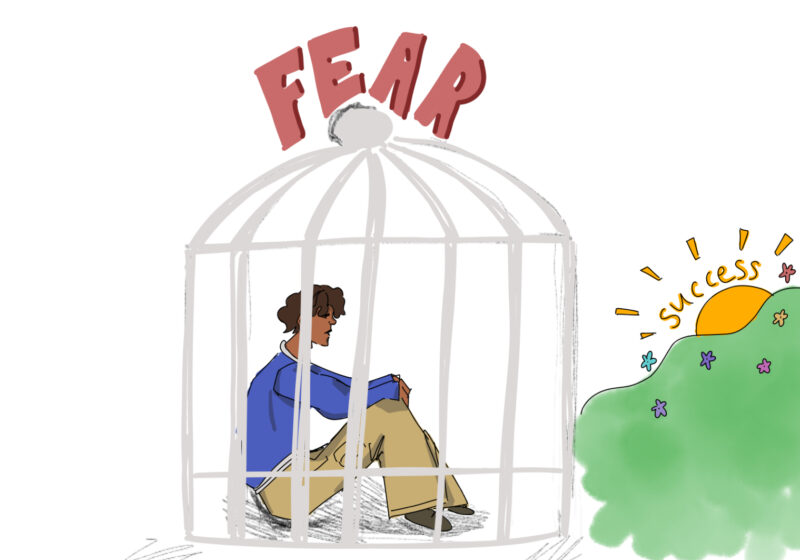Last week Jim Mack’s piece in the Nov 11 Campus Times, “Today’s feminism is hypocrisy,” took aim at the failings of “modern feminists” in contrast to the vision of early feminists, such as Susan B. Anthony. As one teaching a course on the impact of feminist thought on contemporary life (The Colloquium in Women’s Studies, WST200), I’ve thought, read, and discussed a lot about those early feminists and as well those many feminist scholars and activists on the contemporary scene in the US and throughout the world.
I certainly didn’t recognize the whole of “modern feminism” in Mack’s portrayal of a one-voiced movement that is “wrought with excess, sexual objectification, self-sabotage and backwards values.” In my bleaker moments I might have thought Mack might be referring to contemporary life, or to TV, or to the images that some other countries have of the United States today. Trying flipping on any TV set and see if you can find examples of “excess, sexual objectification, self-sabotage and backwards values.” These shows are not brought to you by “modern feminism.” Sorry.
Contemporary feminism has become plural, “feminisms,” to encompass the range of voices and views that comprise at least “Half the Human Experience,” as one psychology text book calls women’s interests. Men, too, take part in constructing some of these “feminisms” and on this campus form a significant part of those enrolled in Women’s Studies courses. Because today’s “feminisms” no longer look like Mack’s portrayal of them, because they are diverse, and they walk in league with other important groups, they aren’t as easy to portray as once they were. But to understand them is a rich challenge and as needed as ever, if not more. Jim Mack would be welcome to join the efforts in Women’s Studies courses; we’d welcome his views in helping to press further a serious understanding of feminisms and these contemporary times.
Mary M. Fox, Clinical Associate Professor of Psychiatry (Psychology)Associate, Susan B. Anthony Institute for Gender and Women’s StudiesCollege of Arts and Sciences




